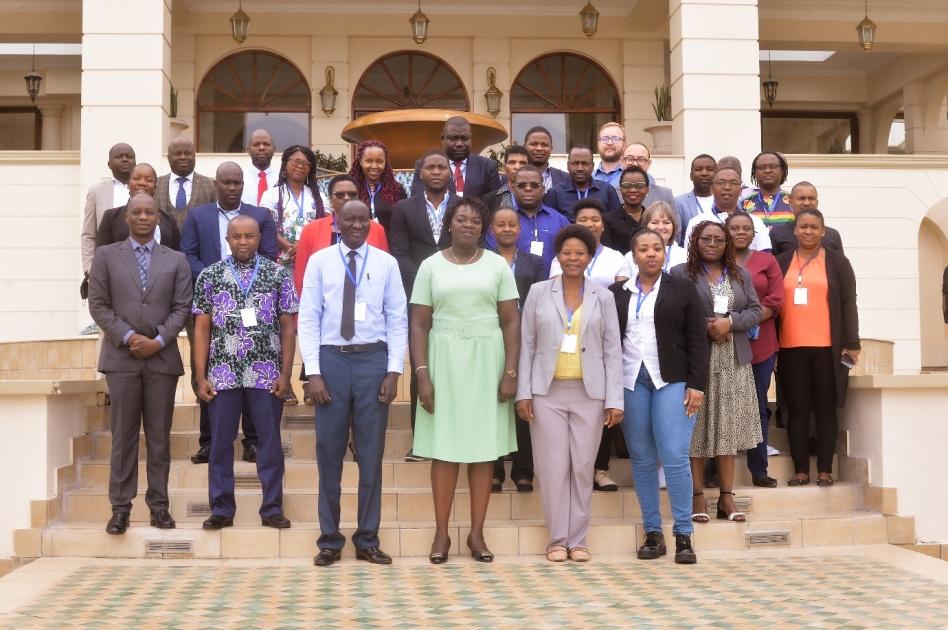Department Resources
Supply Chain Management Division Operations Support Services Directorate
Addis Ababa, Ethiopia
The close of the last decade saw a heightened concern by the global community around the triple planetary crisis of biodiversity loss, cl
The African Union Commission (AUC) envisions “an integrated continent that is politically united based on the ideals of Pan Africanism an
Highlights of the cooperation with the GIZ-project “Support to the African Union on Migration and Displacement”
Violent extremism is a global issue.
Agenda 2063 is Africa’s development blueprint to achieve inclusive and sustainable socio-economic development over a 50-year period.
The purpose of the African Union Accountability Framework on the elimination of harmful practices in Africa is to ensure that good perfor
Science, Technology and Innovation Strategy for Africa STISA 2034
"Driving Africa's Future"










